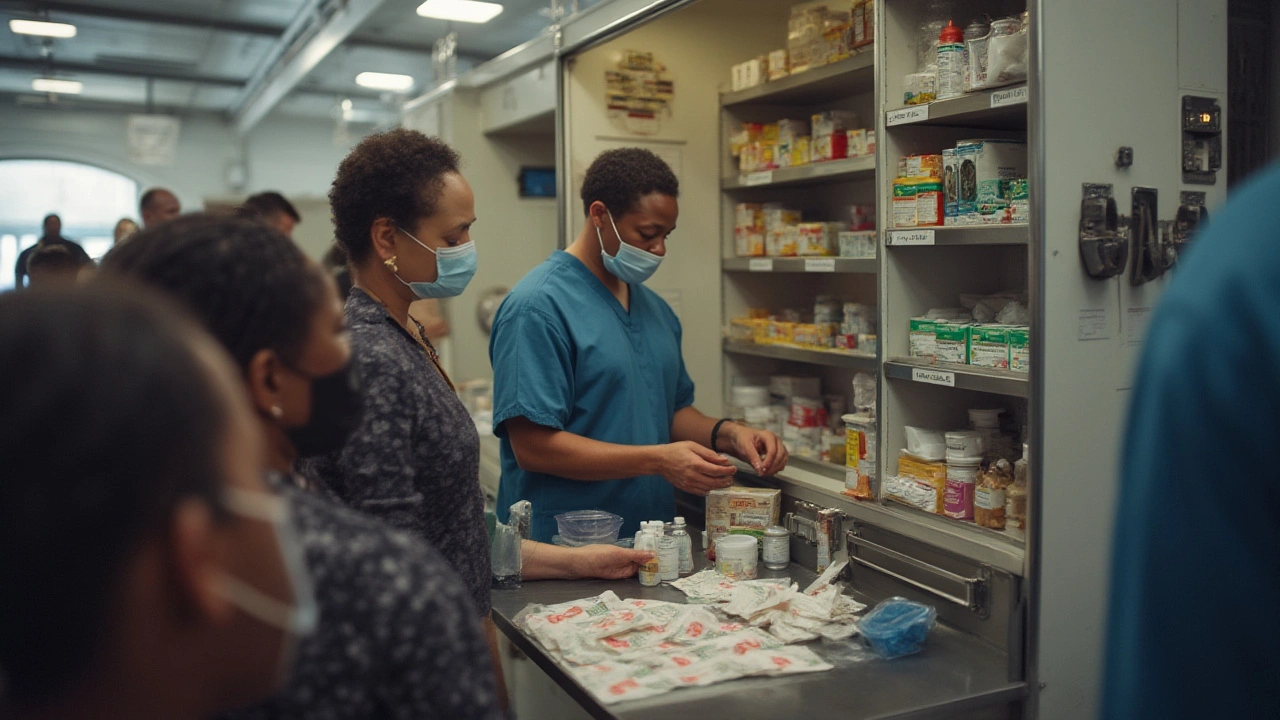Emergency Medicine: Your Quick Guide to Handling Medical Emergencies
Ever found yourself unsure about what to do in a medical emergency? You're not alone. Emergency medicine covers the immediate care you or someone else might need during unexpected health crises like injuries, sudden illness, or accidents. Knowing the basics can make all the difference.
What Exactly Is Emergency Medicine?
Emergency medicine focuses on diagnosing and treating urgent and life-threatening conditions quickly. It’s the care you get right after an accident or when symptoms hit hard and fast. Doctors in this field work in emergency rooms and ambulances, handling everything from broken bones to severe allergic reactions. The goal? Stabilize patients fast and get them the right treatment.
How Can You Prepare for Emergencies?
Preparation starts with having the right supplies. A well-packed first aid kit tailored to your needs can be a lifesaver, especially when traveling. Essentials include bandages, antiseptic wipes, pain relievers, and any personal medications. It’s smart to know basic first aid too—things like CPR, wound care, and how to stop bleeding. These skills help you act confidently before emergency help arrives.
Another important part is recognizing when you need professional help. Chest pain, severe breathing difficulty, unresponsiveness, or heavy bleeding are red flags. Don’t hesitate to call emergency services if you spot these signs. Quick action here can save lives.
Remember, emergencies don't always happen in a hospital. Being equipped with knowledge and tools at home, work, or on the go means you're better prepared to handle whatever comes your way. Knowing emergency medicine basics isn’t just for healthcare pros—it’s for everyone who wants to keep themselves and others safe.
Pharmaceuticals for Emergencies: Essential Medicines and Strategies You Need to Know
Discover how pharmaceuticals can save lives in emergencies. Find out which medicines matter most, how they're managed, and tips for disaster readiness.

